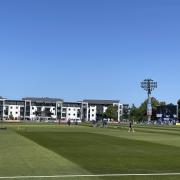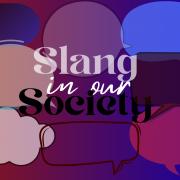
At 3pm today (30th April 2021), the Premier League, the English Football League, the Players Football Association, the League Managers Association, the Women’s National League and the Vanarama National League united to form a social media boycott at a response to the lack of action taken by social media platforms to eradicate online hate and discriminative abuse.
The drastic stance taken by the sporting community should not be a shock. Only two weeks ago, Tottenham Hotspur football player Heung-Min Son received a barrage of racial abuse on platforms such as Twitter and Instagram after a controversial VAR decision went in the player's favour. Similarly, last year it was widely reported that a twelve-year-old boy was arrested by police for sending racist messages to Crystal Palace's footballer Wilfred Zaha. These are only two out of the many cases of abuse sent to football players on social media and clearly highlights the need for more education and clear action.
Local football club Bromley FC are also joining the social media boycott, saying in a statement “From 3pm on Friday 30th April until 11:59pm on Monday 3rd May, there will be nothing posted across the Bromley Football Club Twitter, Facebook and Instagram accounts. The National League added their support to a campaign […] who will unite for a social media boycott in response to the ongoing online abuse in the football community and wider world.”
This was further reinforced by a message posted later by HRH The Duke of Cambridge, in his capacity as President of the FA, by stating that he joins with the entire football community in the social media boycott this weekend.
This action taken by many sporting clubs is highly admirable in response to such a serious situation and with Premier League clubs having millions of followers within the UK and around the world, it certainly adds more incentive to the campaign for social media platforms to take decisive measures.
Pressure has already been placed on social media companies into taking responsible action with the government committed to introduce the Online Safety Bill this year, aimed at holding these companies to account in order to protect people online.
More far-reaching solutions are also being advocated including the requirement of uploading personal information when setting up social media profiles as a form of verification before being able to post publicly. While this has initially faced disagreement, as anonymity is certainly important to some people online, it is definitely a measure worth debating as events occur.
One aspect that is universally agree upon is that education regarding online discrimination is vital especially in schools. After all, social networks are only a safe and welcoming place if we all act together for the collective good.
On a local level, it is hoped that the commendable actions taken by Bromley FC will be entirely supported and bring the issue of online discrimination to the forefront of conversation within the local community.



























